I think most parents wouldn’t want to imagine what it is like to have a child with multiple issues and have no answers or reassurances for the future. Certainly when Dominic was a baby the doctors seemed to be raising concerns on a weekly basis and I was so terrified that I would lose him that it was all I could do to not scream and scream to try and block the fear out.
Without doubt having a child with no diagnosis has been the hardest battle I have ever fought, not only to accept that, for the time being at least, I will not be able to find a label that will help myself and his doctors prepare ourselves for any battles that might come in the future, no matter how hard I search, but also for the barriers that have been put in my way by the very people who should be helping us.
You see, despite the fact that around 50% of children who are referred to Regional Genetics Services in the NHS remain undiagnosed, medical professionals, social workers, local authorities and the guy next door all like to believe that medical science is far more on top of this than it actually is. This means that help is usually diagnosis led (i.e. you have a fight on your hands if you can’t fit your child’s issues into one neat little box at the top of the form), it means that there are no handy information leaflets, no training for schools, no charities, no points of contact, no care pathways, no clinical leads, no specialists in your child’s condition. Instead there is bureaucracy, isolation, poor coordination of care, lack of support in the community and the occasional accusation of Fabricated or Induced Illness (because unfortunately the diagnostic criteria reads like a description of almost all the families with a child who has an undiagnosed genetic condition).
The only support currently available to families is through a project called SWAN UK (Syndromes Without a Name) funded by the Big Lottery Fund and looked after by Genetic Alliance. I’ve been helping the project since it got back off the ground and sit on the advisory committee. Finding and bringing together families has been a great success for the project, but change in other areas is slow, hampered in part by the fact that being undiagnosed is not considered to be a category in the same way as other conditions are, so no funding is put into improving patient experience. It is also very hard to be taken seriously as a parent carer, and even though there have been plenty of meetings where I have spoken at length about the need to establish a patient pathway and a point of contact for the families, these have failed to produce any tangible results so far.
But I shall go on fighting, because there are plenty of families out there who can’t for various reasons. If you think you can help or know of a family who might benefit from being in contact with other families then please feel free to contact me.
Here are some of the things I have written about Dominic being a ‘SWAN’.

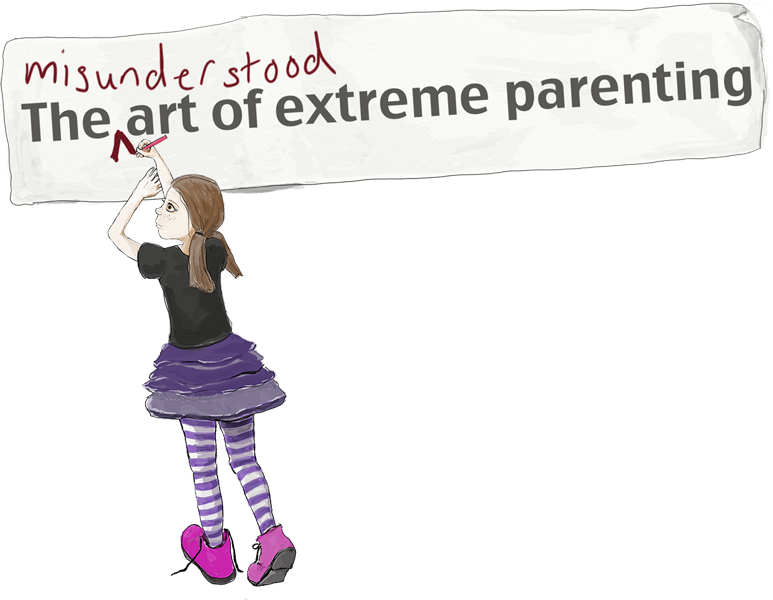
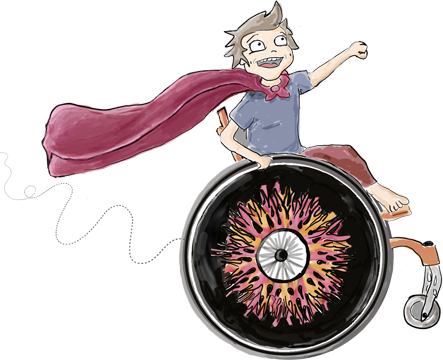
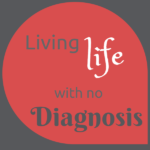
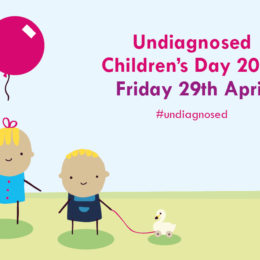
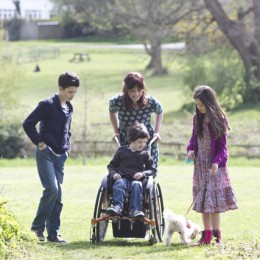
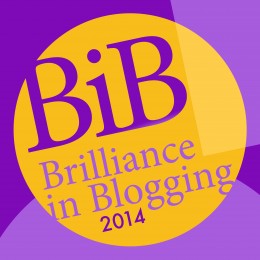
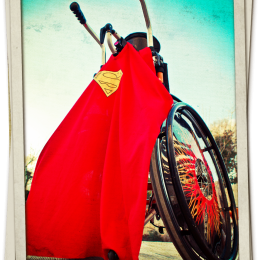
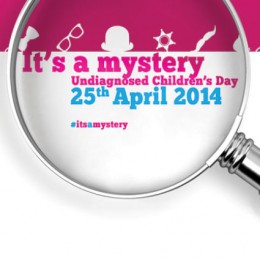
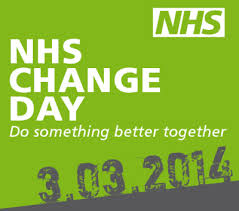

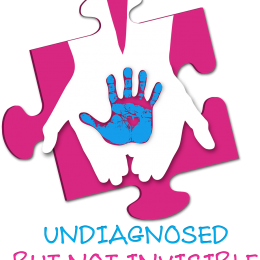
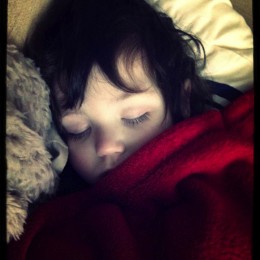
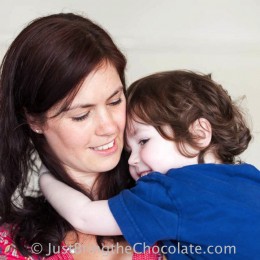
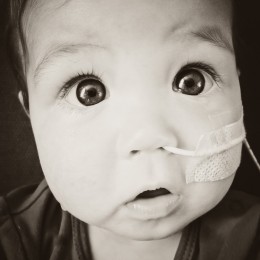


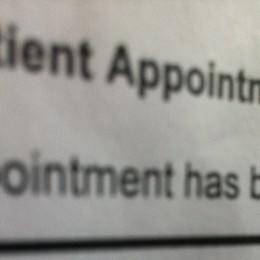
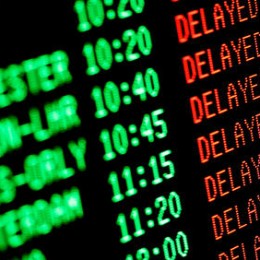

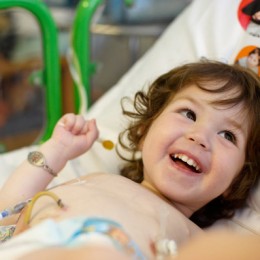
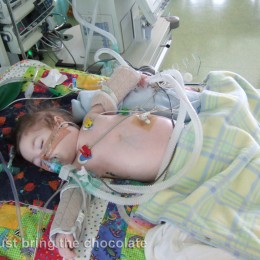
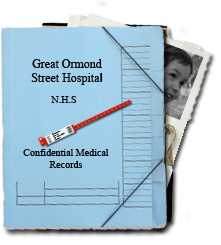
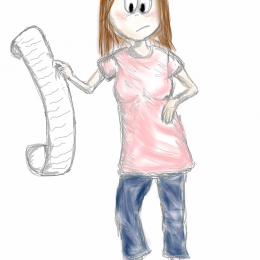
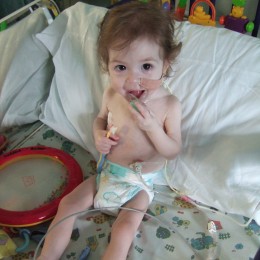
2 Responses
Comments are closed.